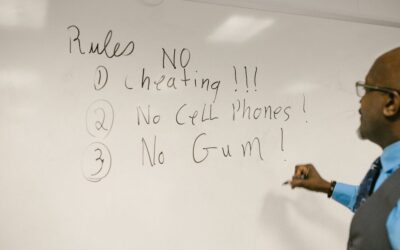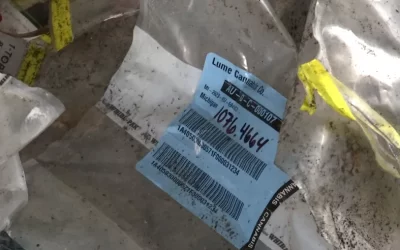Opinions – Everyone’s got one or two or three: A Look at Michigan Rules of Evidence 701-707
Lay Versus Expert Opinions (Rules 701 & 702)
Before delving into specific rules, it’s crucial to establish the fundamental distinction between lay witnesses and expert witnesses.
Lay witnesses are individuals with everyday experiences and observations, while experts possess specialized knowledge, skill, or training in a particular field.
This distinction directly impacts the admissibility and weight given to their opinions.
Rule 701 governs lay witness opinions. Here, opinions are only admissible if they are:
- Rationally based on the witness’s personal perceptions: This means the opinion must stem directly from the witness’s observations of the events or circumstances in question. For example, a witness can testify that a car “looked like it was speeding” if they observed its excessive speed firsthand.
- Helpful to a clear understanding of the witness’s testimony or to determining a fact in issue: The opinion should shed light on the witness’s observations or assist the jury in comprehending the facts of the case. An example would be a witness stating that a certain behavior “made me feel threatened” when explaining their emotional state during an incident.
Rule 702, on the other hand, empowers expert witnesses to offer opinions based on their specialized knowledge. However, their testimony must meet four key criteria:
- Relevance: The expert’s knowledge and opinion must be relevant to the specific issues at hand in the case.
- Reliability: The expert’s field of expertise, methodology, and conclusions must be grounded in reliable principles and methods recognized by the relevant scientific community.
- Factual Basis: The expert’s opinion must be based on sufficient facts or data, either presented in evidence or personally observed.
- Application: The expert must reliably apply their expertise and methods to the specific facts of the case at hand.
Have your rights been violated?
Have your driving priviledges been revoked?
Has your professional license been suspended?
Second Amendment rights taken away?
Have you been charged with a crime?
Call our office to see if we can help
Komorn Law 248-357-2550
Rule 703 provides further clarity on the sources of an expert’s opinion. Experts can base their opinions on facts or data in the case they have been made aware of or personally observed, even if not yet formally admitted into evidence. This allows for greater flexibility in utilizing their expertise.
Rule 704 addresses the question of “ultimate issues.” Opinions are not inadmissible simply because they touch upon the core question of the case, known as the “ultimate issue.” For example, in a medical malpractice case, an expert may be able to offer an opinion on whether the doctor’s actions fell below the standard of care, even though this goes directly to the heart of the jury’s decision.

Rule 705 deals with the timing of the disclosure of the factual basis for an expert’s opinion. Generally, experts can state their opinion and its rationale without first disclosing the underlying facts or data. However, the opposing party may have the opportunity to delve into these details during cross-examination, ensuring transparency and allowing the jury to assess the basis of the opinion.
Rule 706 empowers the court to appoint independent expert witnesses in certain situations. This might occur when both parties present conflicting expert opinions, or when the court deems neutral expertise crucial for fair and balanced adjudication.
Finally, Rule 707 governs the use of learned treatises for impeachment purposes. Learned treatises are scholarly publications in a field of expertise. This rule allows for cross-examining expert witnesses by bringing to their attention statements in reputable treatises that contradict their testimony. However, these treatises are not admissible as standalone evidence and can only be read into the record for impeachment purposes.
The Impact of Opinion Testimony: Weighing the Scales
Understanding the intricacies of Rules 701-707 highlights the delicate dance between lay and expert opinions in the courtroom. These rules safeguard against unreliable or prejudicial pronouncements while enabling the valuable contribution of both everyday understanding and specialized knowledge. The jury ultimately acts as the arbiter of fact, tasked with weighing the credibility and persuasiveness of all opinions presented, whether from lay witnesses or experts.
Important:
This article provides a simplified overview of the Michigan Rules of Evidence for informational purposes only. It should not be interpreted as legal advice. When facing legal matters, always consult with a qualified attorney for professional guidance.
The Michigan Rules of Evidence are subject to change over time. Always consult the latest official version for accurate information.
Here is the link to the Michigan Rules of Evidence Handbook. Check the footer for the latest update.
Related Articles
Understanding the Rule of Completeness in Michigan Courts
Understanding the Rule of Completeness in Michigan Courts: MRE 106In the pursuit of truth and ensuring fairness during legal proceedings, the Michigan Rules of Evidence (MRE) play a crucial role. One particular rule, MRE 106 (Completeness), safeguards against...
Apparent cannabis testing bags in trash pile in Lansing
Michigan's marijuana laws mandate that both retail recreational and medical marijuana undergo comprehensive testing conducted by independent laboratories. The purpose of such testing is to identify and mitigate potential contaminants such as mold, mildew, and harmful...
Evidence in Michigan Courts: Proposed Amendments of MRE
The Michigan Rules of Evidence are the rules adopted by the Michigan Supreme Court to govern evidentiary processes throughout Michigan's judicial system. Occasionally, the Rules of Evidence require amendments or changes. You can access proposed and recently-adopted...
Evidence in Michigan Courts: Michigan’s Evidence Rules 1001-1008
Michigan's Rules of Evidence, established by the Supreme Court, dictate how evidence is presented and admitted in court proceedings. Rules 1001 through 1008, focusing on how written words, recordings, and photographs are treated as evidence.Rule 1001: Defining the...
More Posts

Legal Tip – Driving High on Cannabis in Michigan
Driving under the influence of cannabis is illegal and carries serious consequences in Michigan.We have fought and won many cases from the District Courts, Circuit Courts, Court of Appeals and the Supreme Court through out the State of Michigan. We have also fought...
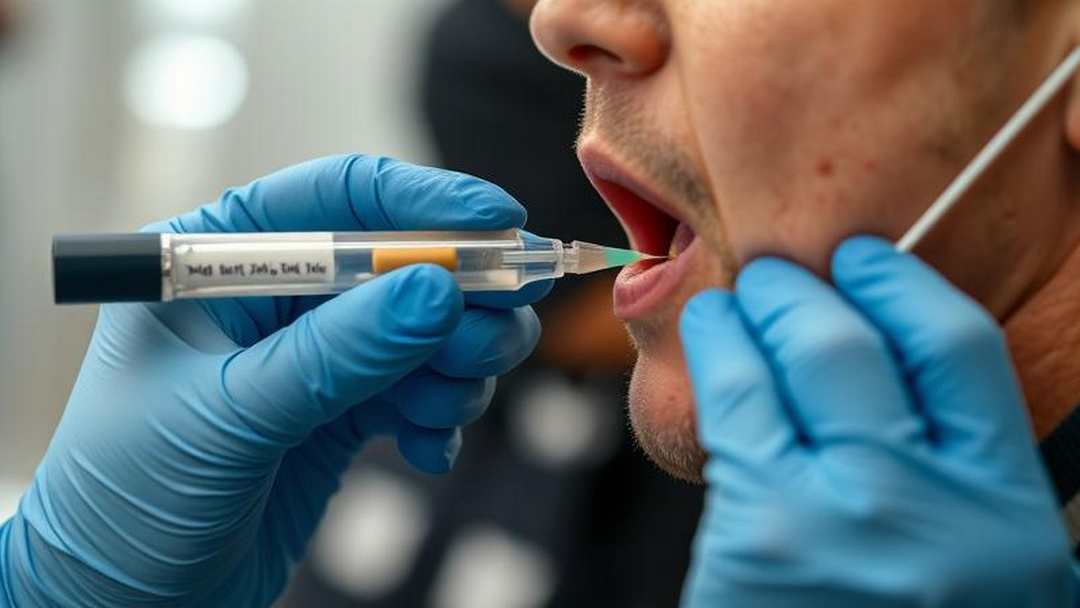
Michigan House Bill NO. 4391
It may just be easier to collect and analyze tears.This legislation seeks to integrate saliva testing for cannabis within law enforcement procedures, designating a refusal to participate in this testing as a criminal offense, similar to the penalties imposed for...
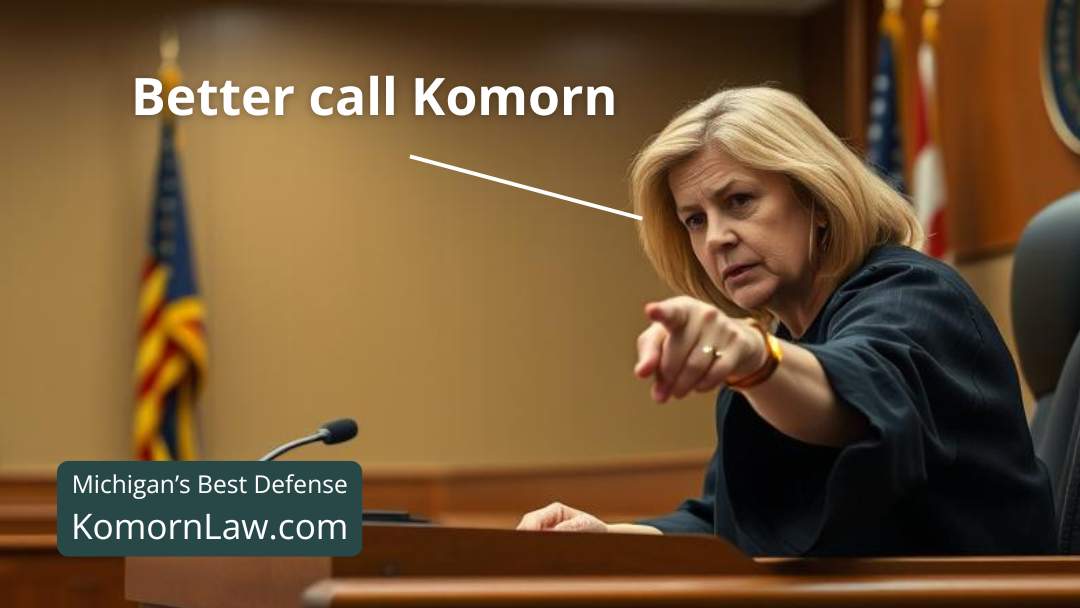
Legal Tip – Your Rights During a DUI Stop in Michigan
Komorn Law - Quick Legal TipsLegal Tip: Understanding Your Rights During a DUI Stop in Michigan A DUI stop can be stressful, but knowing your rights is crucial. You have the right to remain silent. You are not obligated to answer questions beyond basic identification....
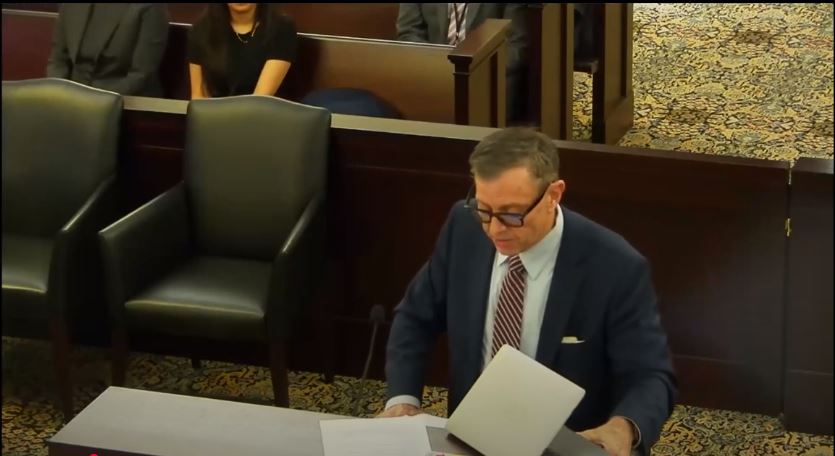
Forfeiture without Criminal Charges
Can the police seize your belongings and hold it without charging you with a crime?Read the summary below and watch Attorney Michael Komorn in the Court of Appeals.Summary of "Ruben Delgado v. Michigan State Police": This case was filed in the Jackson County Circuit...
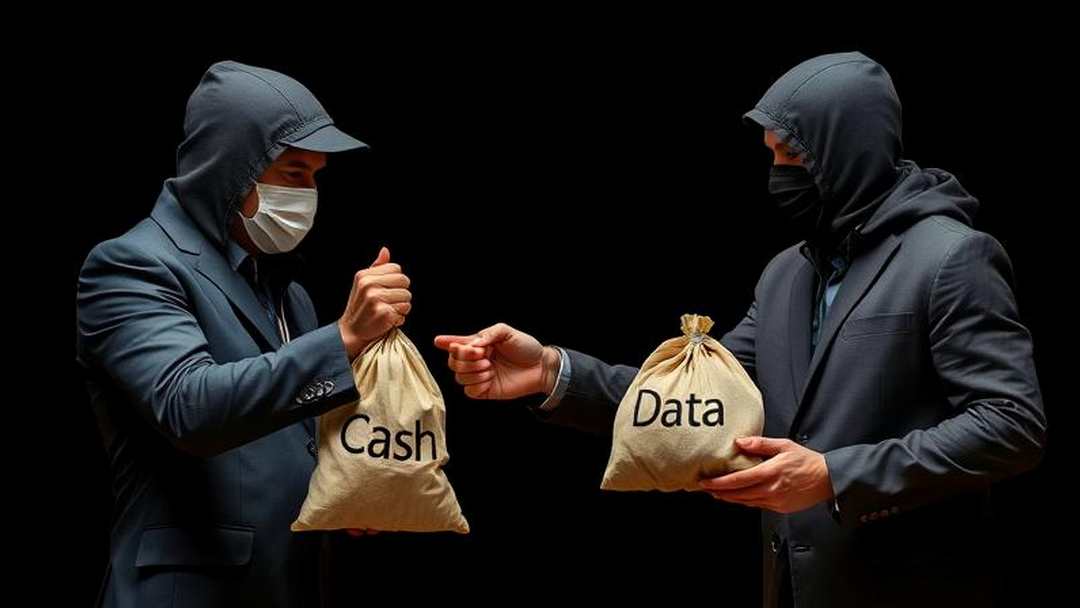
23andMe filed for Chapter 11 bankruptcy and your data is?
As of Friday 3/28/25, the firm’s shares were worth less than a dollar.If you are charged with a crime you're part of the State of Michigan family now. Call us - Because you don't want to be a part of that family. Komorn Law (248) 357-2550Genetic testing service...
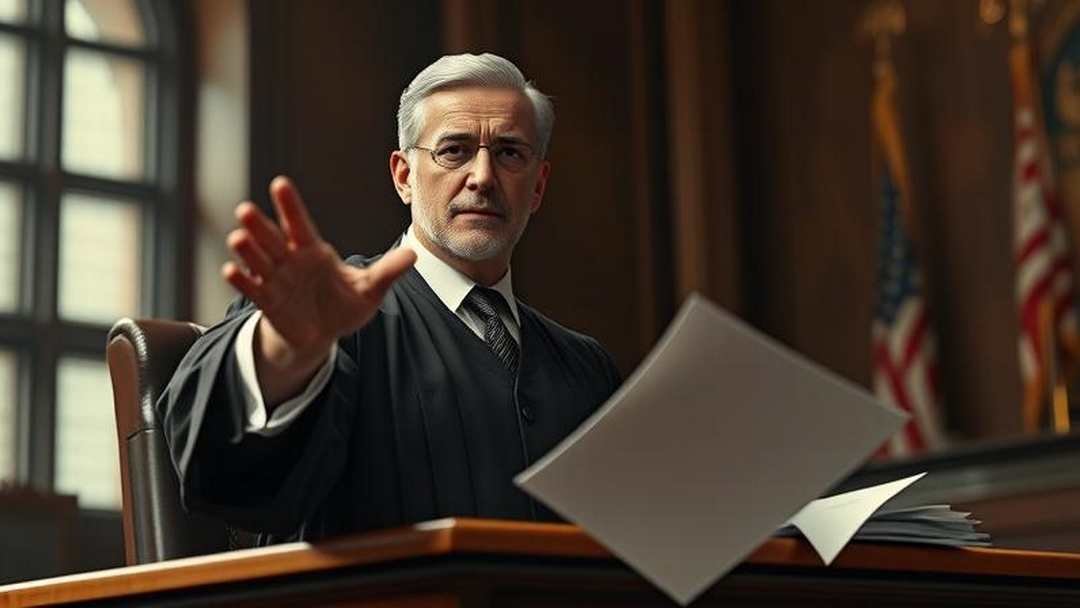
Judge finds marijuana testing facilities run by ex-cops violated testing results
Viridis Laboratories has faced ongoing allegations of exaggerating THC levels while minimizing the potential risks associated with cannabis.If you are charged with a crime you're part of the State of Michigan family now. Call us - Because you don't want to be a part...
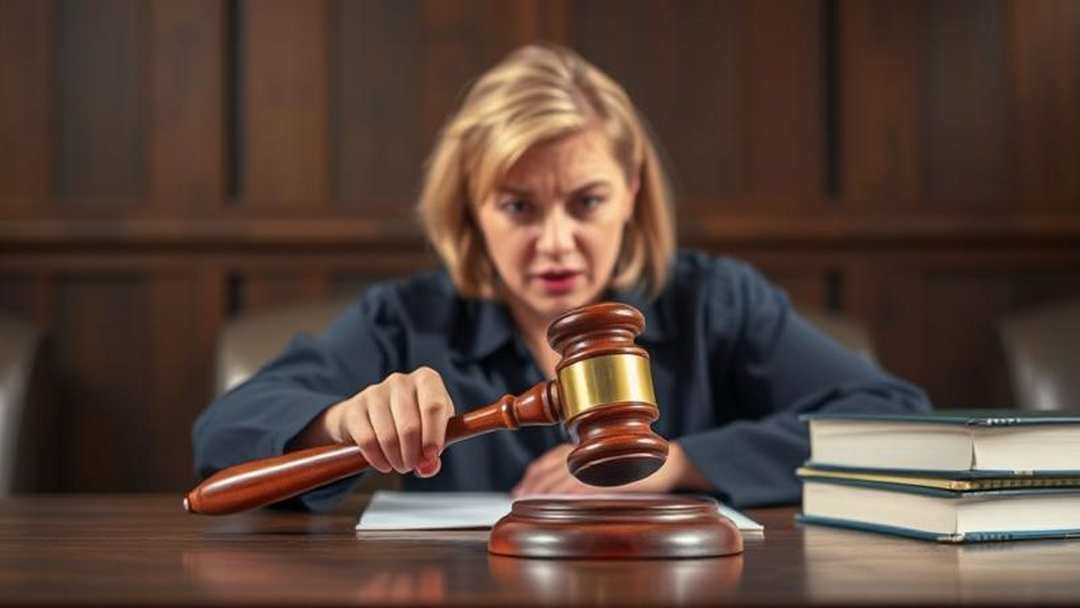
Domestic Violence Conviction Prohibits Gun Ownership
No Second Amendment Rights For YouIf you are charged with a crime you're part of the State of Michigan family now. Call us - Because you don't want to be a part of that family. Komorn Law (248) 357-2550A federal judge in Michigan has ruled that a man with a prior...

Update on Michigan’s Sick Time Act (Small Business Compliance)
Small Business Compliance Accrual Method: Employees accrue 1 hour of paid sick time forevery 30 hours worked, and unused paid sick time rolls over upto 72 hours, or 40 for a small business. Employers may limit theuse of earned sick time to 72 hours, or 40 for a small...
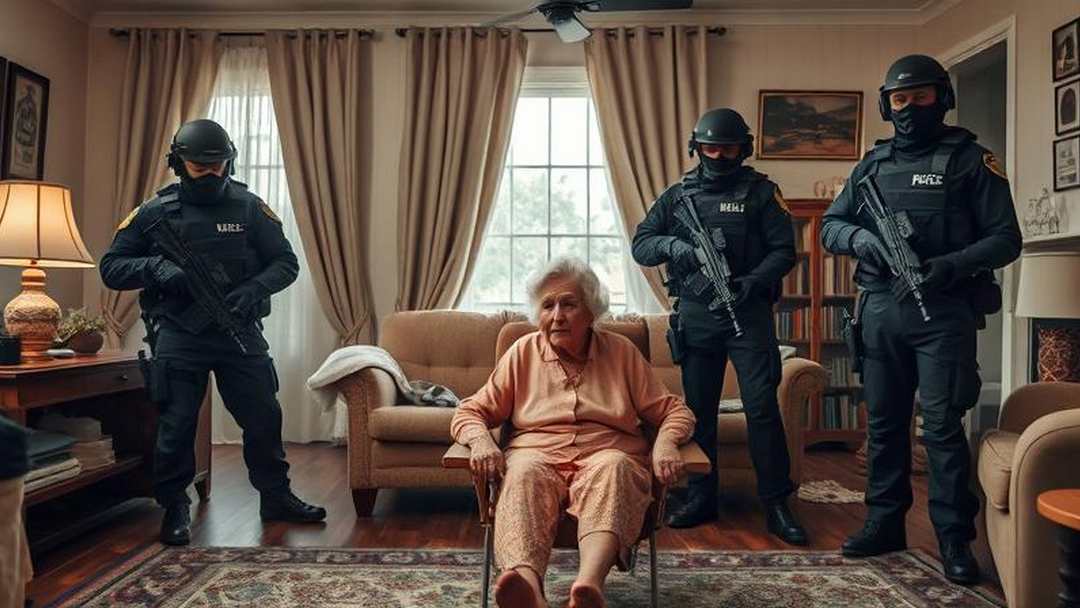
What Are Your Rights Before And After Arrest?
What are your rights before and after arrest?Generally, police require a search warrant to lawfully enter any private premises or to search electronic devices such as your phone or computer. If the police do not possess a search warrant, you are under no obligation to...

Drones – What Drones? Update
Drone story update January 28, 2025 NJ drones 'were authorized to be flown by FAA for research,' Donald Trump says The mysterious drones that captivated New Jersey late last year were not enemy craft, but instead were authorized by the FAA, President Donald Trump said...


